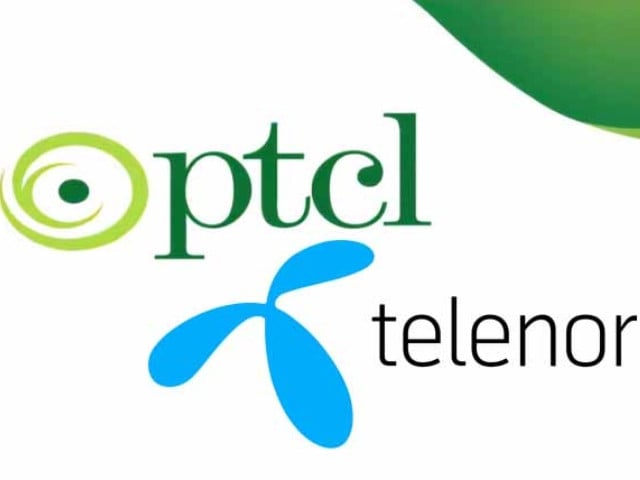PTBP Web Desk
The Competition Commission of Pakistan (CCP) has given the go-ahead for the merger between Pakistan Telecommunication Company Limited (PTCL) and Telenor Pakistan, subject to stringent conditions. The decision marks a major development in Pakistan’s telecom sector and comes after one of the most comprehensive merger reviews in CCP’s history.
According to reports, PTCL’s Policy Board formally accepted the tough terms set by the Commission during a meeting at PTCL’s head office. This consent has cleared the way for CCP to issue its much-anticipated conditional approval of the USD 400 million acquisition deal, which had been under scrutiny for more than 18 months.
The PTCL–Telenor merger is being closely compared with global telecom consolidations because of its potential to reshape the competitive landscape in Pakistan. The Substantial Lessening of Competition (SLC) Test was applied by CCP to examine whether the transaction could distort market dynamics or lead to dominance in multiple sub-markets.
The Commission reviewed segments such as:
- Cellular mobile operators (CMOs)
- Long-distance and international (LDI) services
- Fixed-line and leased line services
- Internet bandwidth and IP backbone
This multi-layered evaluation was designed to ensure that no single operator gains unfair dominance at the cost of consumer choice and affordability.
Between September 2024 and August 2025, the CCP held at least five open hearings along with several closed-door sessions with PTCL, Telenor, and other stakeholders. The Commission demanded extensive documentation, including interconnection agreements, separated accounts, and forward-looking business plans, to assess the risks.
Despite repeated delays, incomplete data submissions, and technical hurdles, CCP stood firm. Officials revealed that the Commission resisted both corporate and political pressure to fast-track approval.
Dr. Kabir Sidhu, CCP’s Chairman, played a central role in maintaining institutional independence. By refusing to move forward without transparency and complete information, he reinforced the Commission’s image as a regulator committed to consumer welfare.
In February 2025, one of the stakeholders’ counsels argued that CCP had become “functus officio,” implying that the Commission no longer had jurisdiction to review the case. This argument was rejected outright by the Commission, which clarified that statutory timelines were being met and that the public interest required a comprehensive investigation.
The PTCL–Telenor merger review is not unique in length or complexity. Around the world, similar cases have taken even longer.
- The Vodafone/Three UK merger, valued at €17.5 billion, required nearly 23 months of regulatory scrutiny.
- The Sprint/T-Mobile merger in the United States went through a 22-month review before clearance.
By comparison, CCP’s 18-month review aligns with international best practices, underscoring the complexities involved in telecom consolidations that significantly alter market competition.
The merger effectively combines PTCL’s Ufone with Telenor Pakistan, creating a new, highly concentrated operator in the mobile market. Industry experts have expressed concern that this consolidation could lead to reduced competition, potentially harming consumer choice.
To mitigate these risks, CCP’s conditional approval is expected to enforce strict safeguards. These include:
- Pricing controls to prevent unfair tariff hikes
- Mandatory interconnection agreements ensuring fair access for competitors
- Infrastructure sharing to avoid monopolization of networks
- Equal treatment of rival operators to protect market fairness
If successfully implemented, these measures may balance the risks with potential benefits such as improved service quality, reduced duplication of infrastructure, and operational cost savings.
While the deal carries risks of dominance, it also has the potential to deliver tangible benefits to Pakistan’s telecom sector. By combining resources, PTCL and Telenor could achieve efficiencies that individual operations may not be able to realize.
These include:
- Faster network rollouts
- Wider coverage in underserved areas
- Shared infrastructure leading to cost reductions
- Improved service quality for consumers
The telecom industry in Pakistan has long struggled with high infrastructure costs and low average revenue per user (ARPU). This merger could provide the financial scale needed to address these structural challenges.
The PTCL–Telenor case has become a litmus test for CCP’s role as a strong and independent regulator. By conducting a rigorous review of such a politically and commercially sensitive transaction, the Commission has demonstrated its ability to resist pressure and protect the interests of consumers.
The decision also signals to global investors that Pakistan’s regulatory institutions can operate with integrity and transparency. For a sector as vital as telecommunications, this credibility is crucial in attracting future investment.




